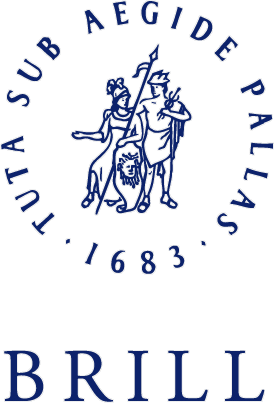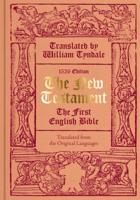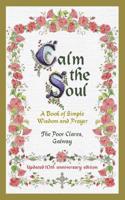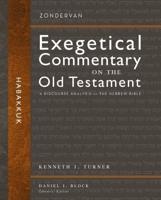Publisher's Synopsis
Thomas D. Hamm (Earlham College) argues that a self-conscious, liberal Quakerism emerged in North America between 1790 and 1920. It had three characteristics. The first was a commitment to liberty of conscience. The second was pronounced doubts about orthodox beliefs, such as the divinity of Christ. Finally, liberal Friends saw themselves as holding beliefs fully consistent with early Quakerism. Stirrings appeared as early as the 1790s. Hicksite Friends in the 1820s, although perceiving themselves as traditionalists, manifested all of these characteristics. When other Hicksites took such stances in even more radical directions after 1830, however, bitter divisions ensued. Orthodox Friends were slower to develop liberal thought. It emerged after 1870, as higher education became central to the Gurneyite branch of Orthodox Quakerism, and as some Gurneyites responded to influences in the larger society, and to the changes introduced by the advent of revivalism, by embracing modernist Protestantism.













